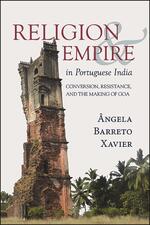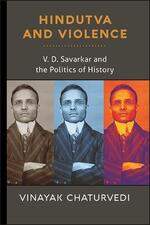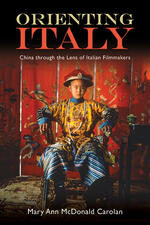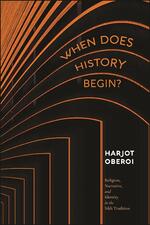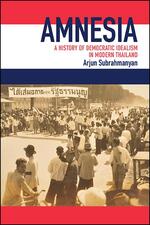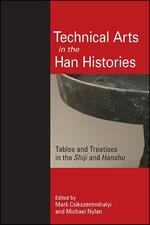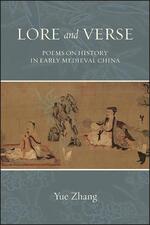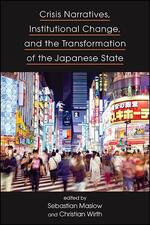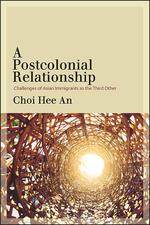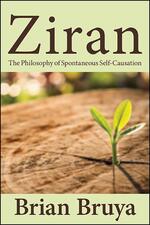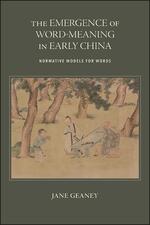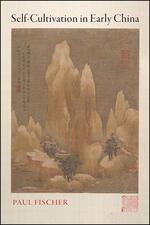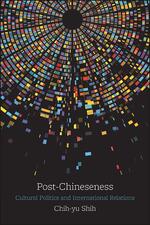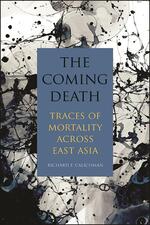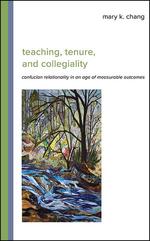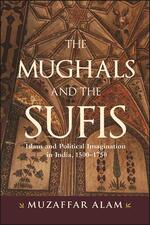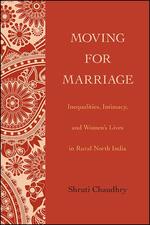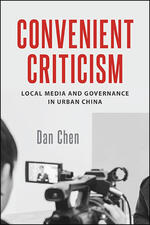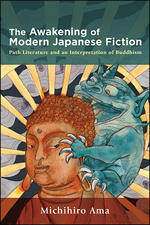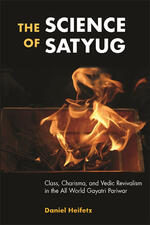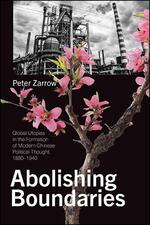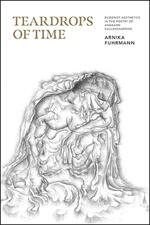Asian Studies
A Conceptual Lexicon for Classical Confucian Philosophy
Uses a comparative hermeneutical method to explain the most important terms in the classical Confucian philosophical texts, in an effort to allow the tradition to speak on its own terms.
Religion and Empire in Portuguese India
Examines the colonization of Goa in the sixteenth and seventeenth centuries and the durability of Portuguese rule.
Hindutva and Violence
Examines the place of history in the political thought of Vinayak Damodar Savarkar, one of the key architects of modern Hindu nationalism.
Orienting Italy
Explores Italian filmmakers' representations of China and the Chinese, both at home and abroad.
When Does History Begin?
Documents how the premodern techniques of narrating the past in South Asia were deeply transformed by colonial modernity, resulting in newer forms of truth-telling within the Sikh community.
Amnesia
Describes the profound social impact of the overthrow of the Thai absolute monarchy in 1932, and explains the importance of democracy in a country long known for authoritarian politics.
Art Activism for an Anticolonial Future
Analyzes socially engaged art practices worldwide, linking them to decolonial struggle and critique.
Technical Arts in the Han Histories
The first concerted attempt to analyze how the histories Shiji and Hanshu described the technical arts as they were applied in vital areas of the administration of pre-Han and Han China.
Lore and Verse
Explores how poetry was used to disseminate and interpret history in early medieval China.
Crisis Narratives, Institutional Change, and the Transformation of the Japanese State
Looking at Japan, traces crisis narratives across three decades and ten policy fields, with the aim of disentangling discursively manufactured crises from actual policy failures.
A Postcolonial Relationship
Offers an Asian immigrant perspective on US racial relations and explores the unique situations and challenges facing Asian immigrants in the United States.
Ziran
The ancient concept of spontaneous self-causation (ziran) from Daoism opens a path to understanding human action as self-organizing, attention as effortless, and art as somatic.
The Emergence of Word-Meaning in Early China
Posits the origin of a specifically Chinese concept of “word-meaning,” and sheds new light on the linguistic ideas in early Chinese philosophical texts.
Self-Cultivation in Early China
An introduction to ancient Chinese ideas on how to live a good life.
Post-Chineseness
Analyzes international and cultural relationships informed by "China," a category that is becoming ever more indispensable and yet unstable in everyday narratives.
The Coming Death
Explores questions of death and mortality in several key texts of East Asian literature and cinema.
Teaching, Tenure, and Collegiality
Questions universities’ increasing reliance on market-oriented metrics to determine their strategic directions and gauge faculty productivity.
The Hagiographer and the Avatar
Examines the key role of a hagiographer within a charismatic religious movement.
The Mughals and the Sufis
Examines the relationship between Mughal political culture and the two dominant strains of Islam's Sufi traditions in South Asia: one centered around orthodoxy, the other focusing on a more accommodating and mystical spirituality.
Moving for Marriage
Comparative, ethnographic study of women who migrate for marriage in rural north India.
Convenient Criticism
Explains why and how local critical reporting can exist in China despite the kinds of media control that are the hallmarks of authoritarian rule.
The Awakening of Modern Japanese Fiction
Argues that the role of Buddhism in modern Japanese prose literature has been significantly overlooked.
The Science of Satyug
The first in-depth study of the All World Gayatri Pariwar, a modern Indian religious movement.
Abolishing Boundaries
Offers new perspectives on modern Chinese political thought.
Teardrops of Time
Investigates how the Thai poet Angkarn Kallayanapong adapts Buddhist concepts of time to create a modern Asian aesthetic imaginary.
